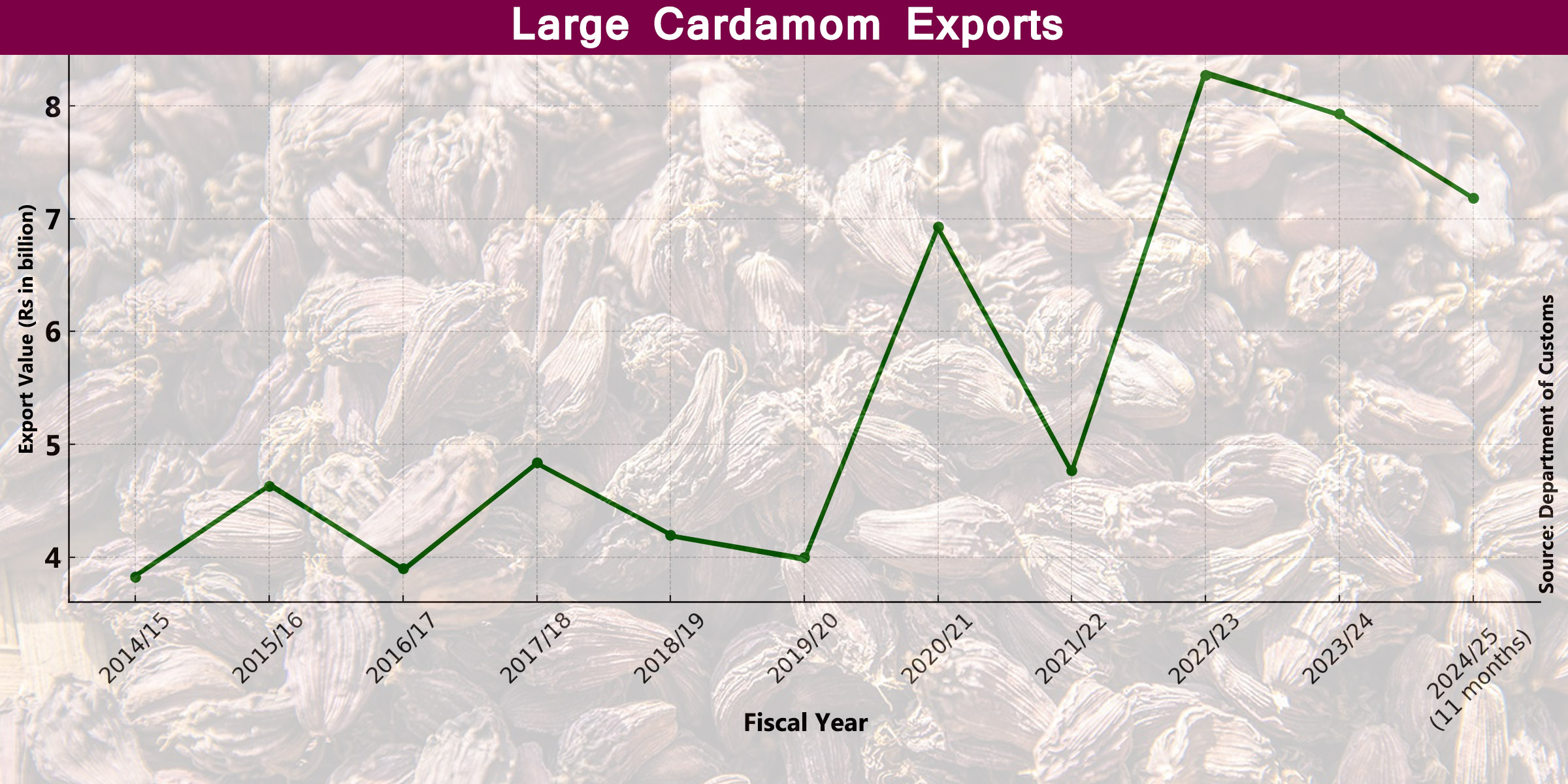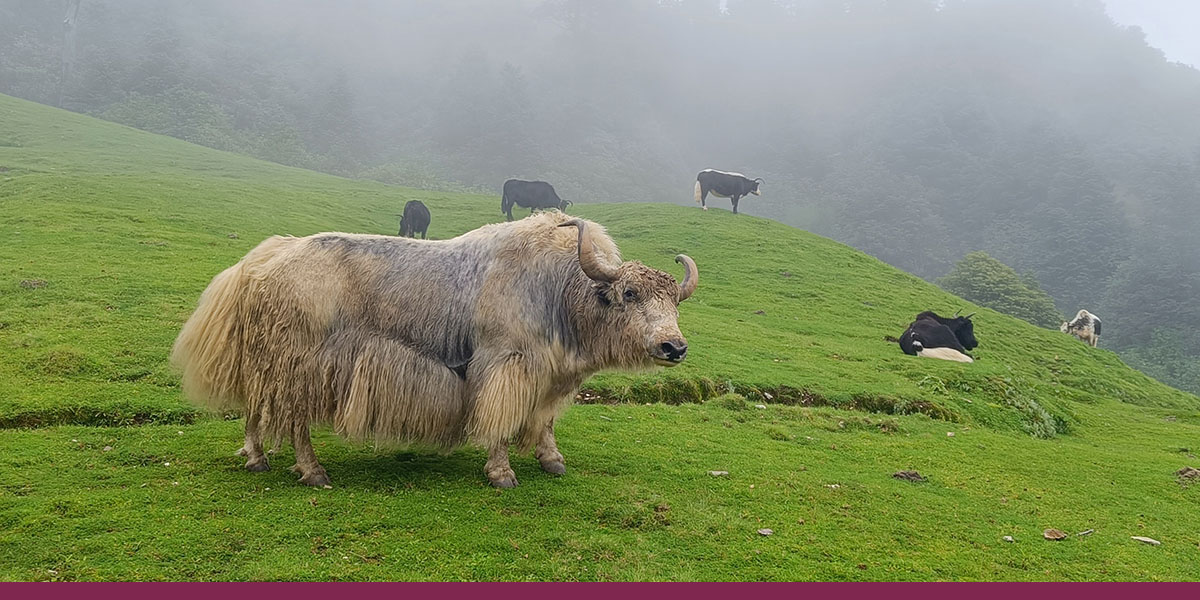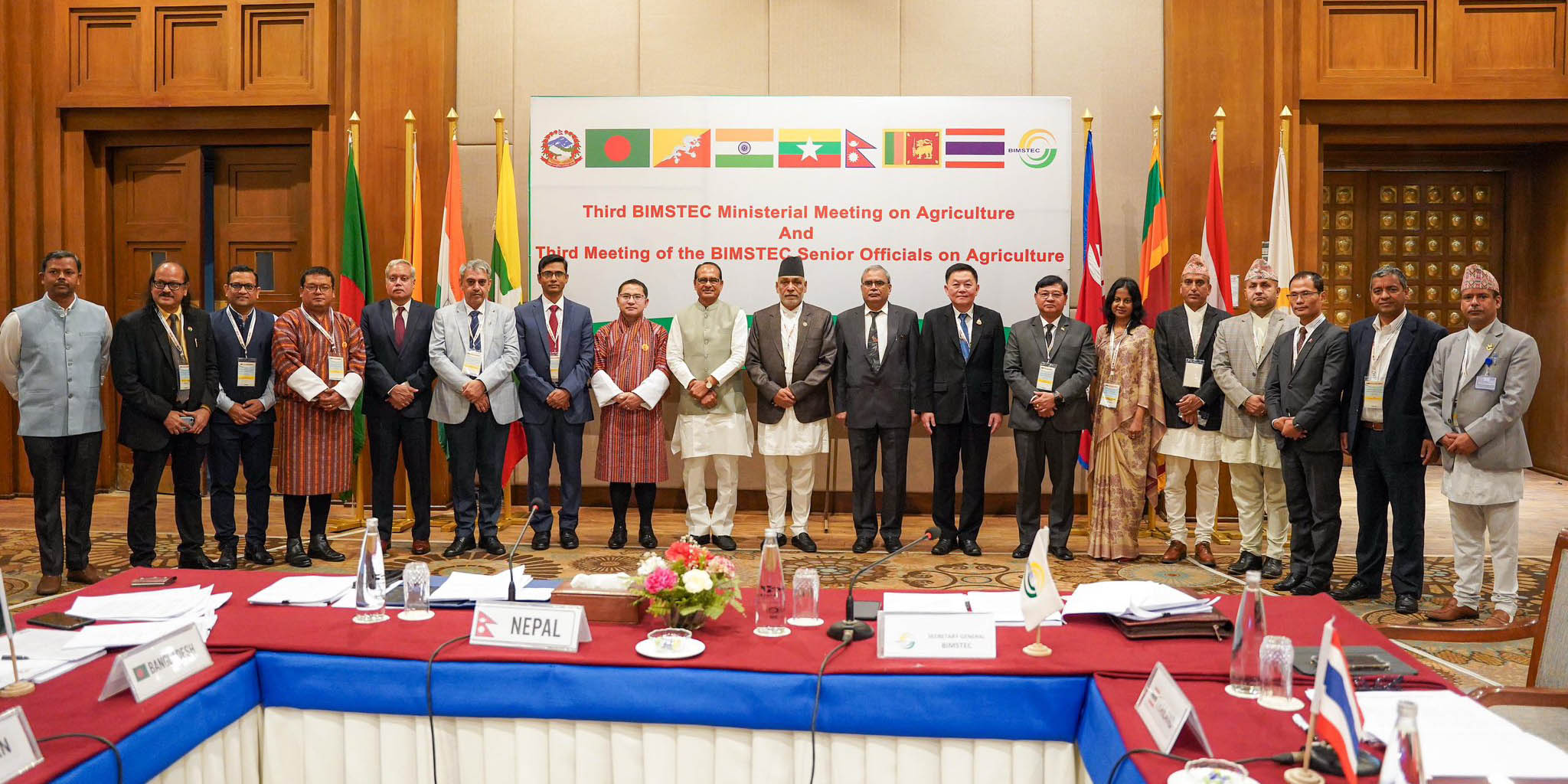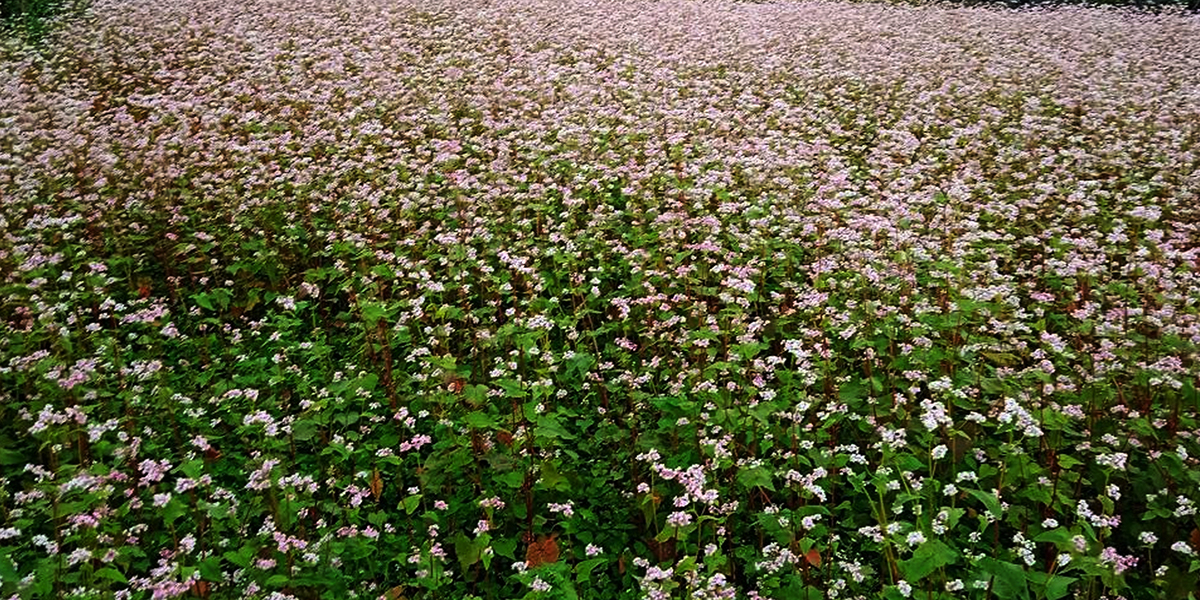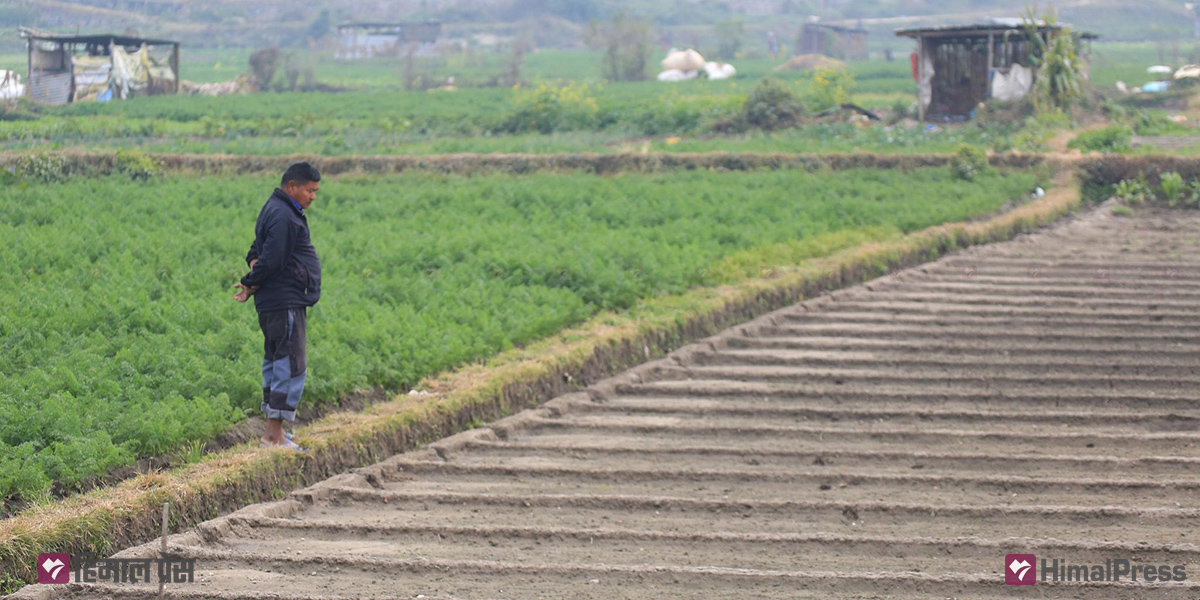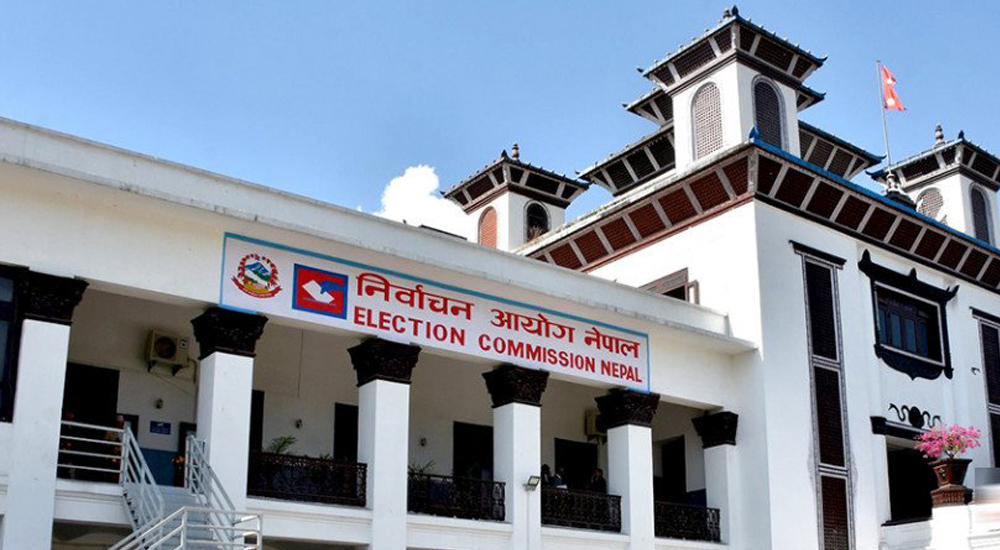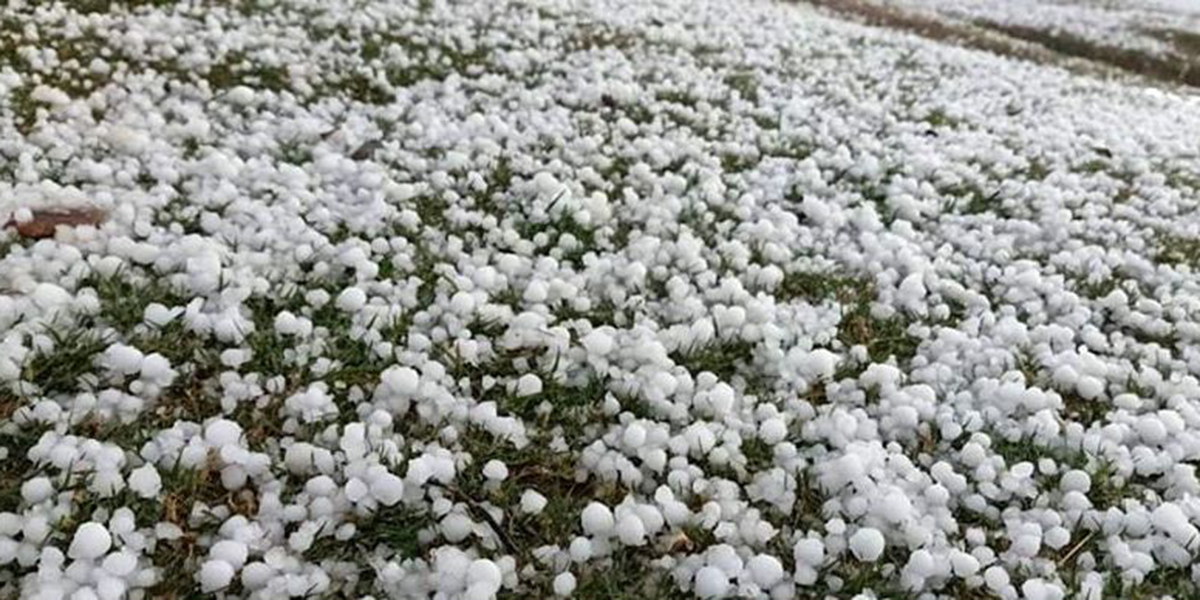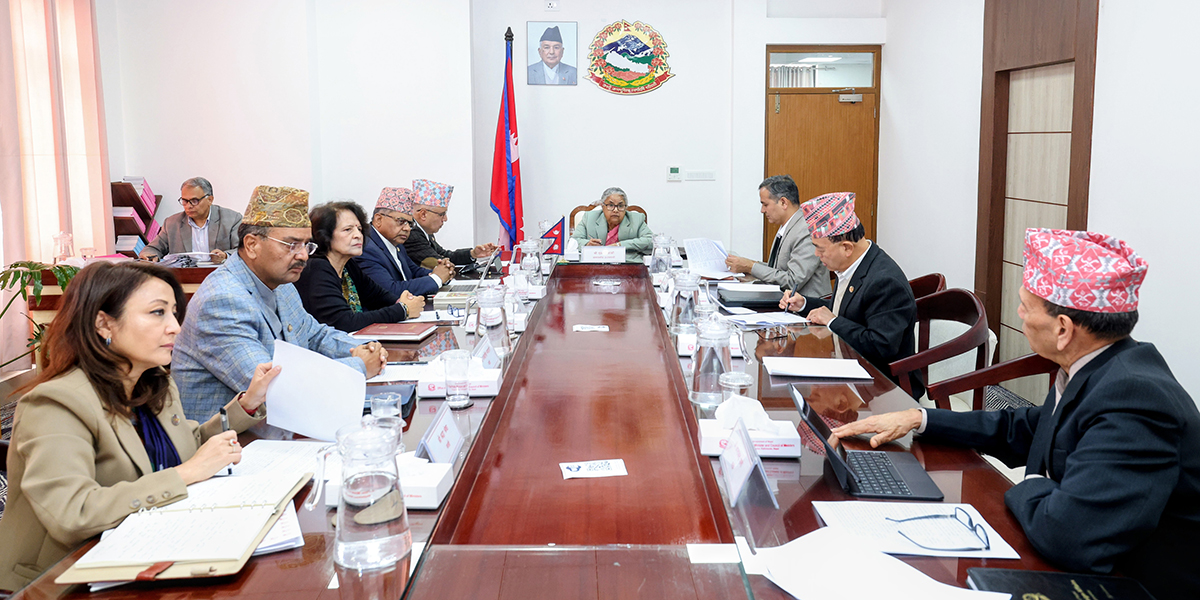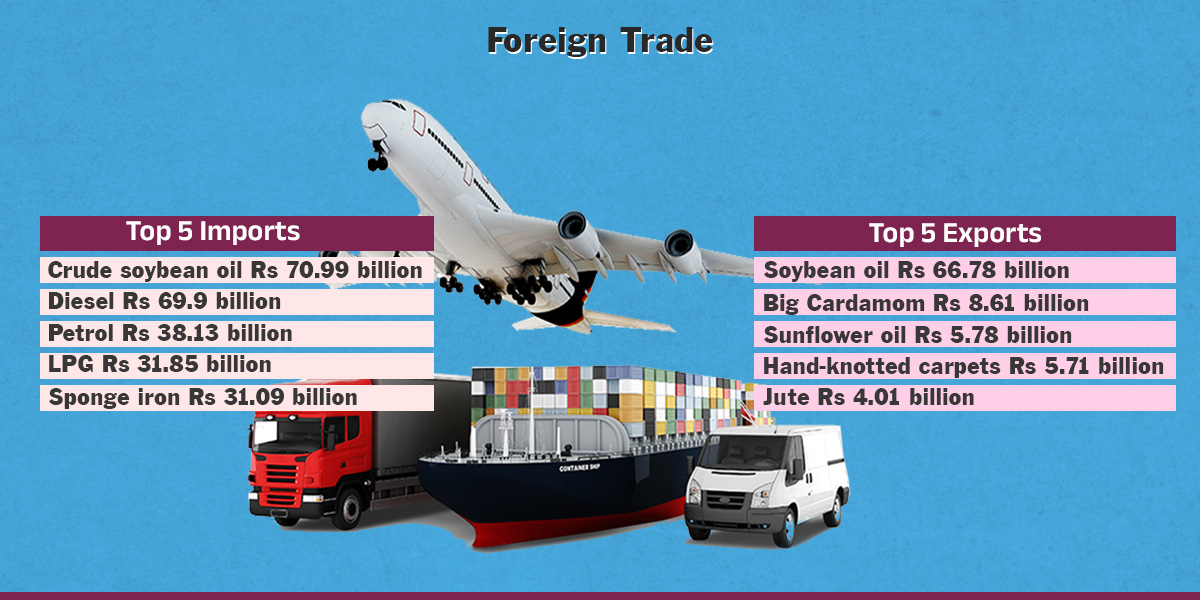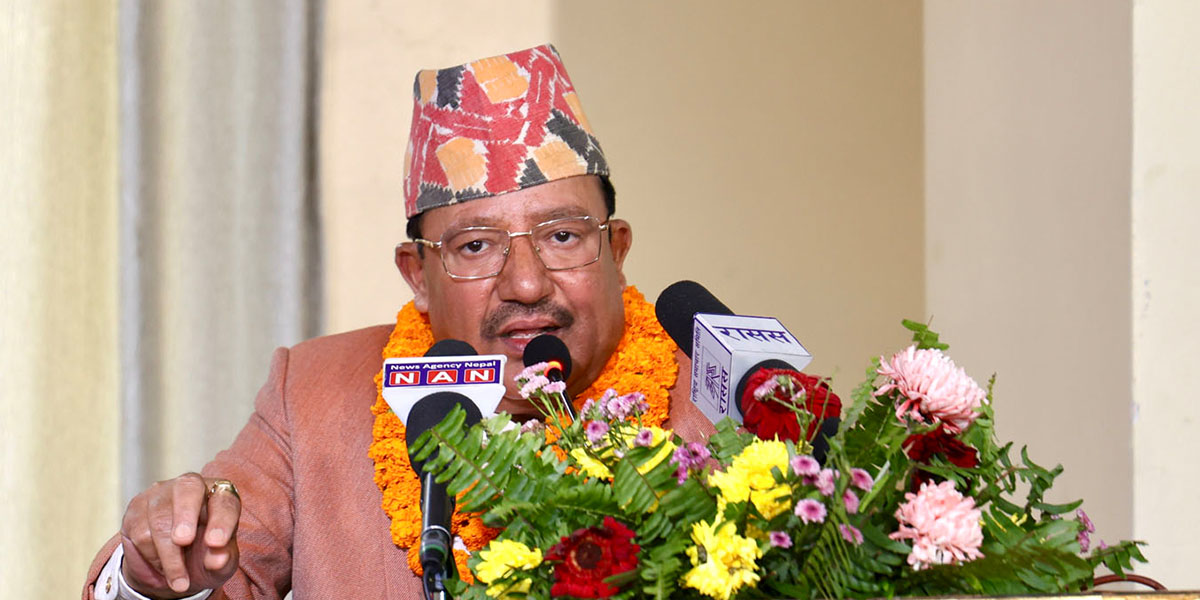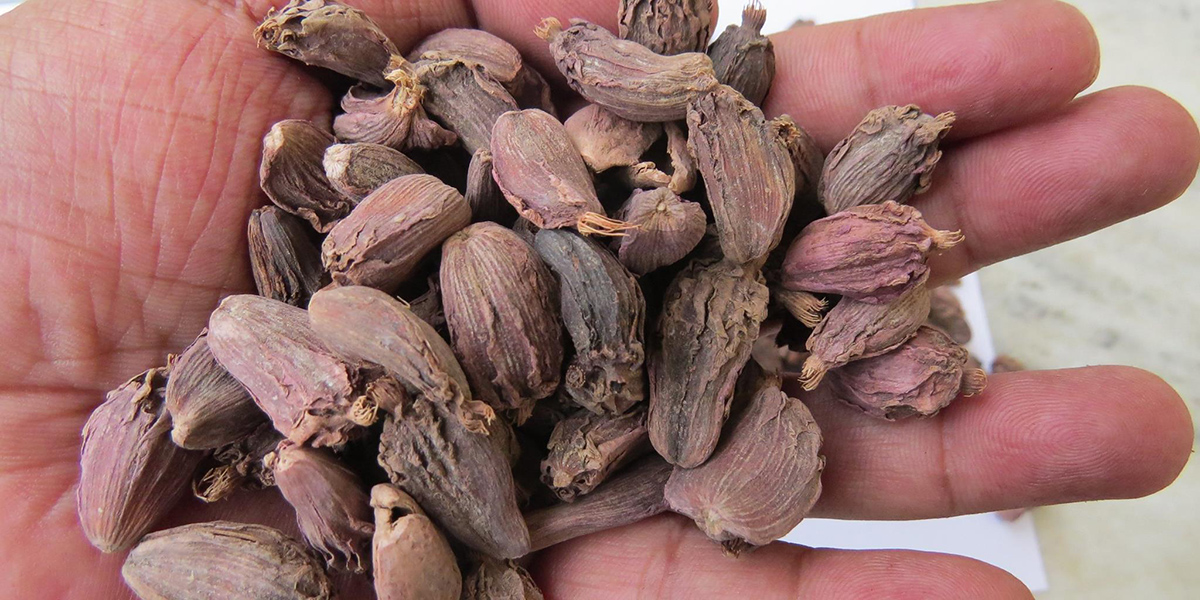
KATHMANDU: Nepali black cardamom is being marketed and traded in different parts of the world under Indian brand names.
Taking advantage of Nepal’s failure to create a brand identity for this cash crop, also known as black gold, traders in India are purchasing black cardamom from Nepali farmers and exporting them to different markets in the world by packaging them as Indian brands, Nepali farmers say.
Black cardamom is an important cash crop for people in the hilly districts of eastern Nepal. Most of the harvest is bought by Indian traders. Farmers say Nepali cardamom is exported to India via Birtamod.
Nirmal Bhattarai, president of the Nepal Black Cardamom Entrepreneurs Federation, said Indian traders are importing black cardamoms from Nepal, packaging, and marketing the product under different Indian brand names. “We all know Indian traders are exporting Nepali black cardamom under Indian brand names. Nepali black cardamom still does not have a distinct brand identity,” he added.
India has been exporting black cardamom bought from Nepali farmers to the United States, Europe, Qatar, Saudi Arabia, the United Arab Emirates, Bangladesh, and Pakistan, among other countries. According to entrepreneurs, Saudi Arabia, Qatar, and the UAE are major buyers of black cardamom.
“Nepali black cardamom is being traded in more than 70 countries under Indian brand names like Ilami, Himalayan, Darjeeling, Gorkha, and Bharat,” Bhattarai said.
A study conducted by the Department of Agriculture also shows that Nepali black cardamom has reached 71 countries.
Entrepreneurs claim that the Nepali government has failed to focus on branding, processing, packaging, and facilitating the export of black cardamom. Government officials also acknowledge that Nepali black cardamom is being traded in foreign markets under Indian brands.
Dr. Arun Kafle, spokesperson for the Department of Agriculture, said that efforts were being made to export black cardamom to markets in third countries. He acknowledges the government’s weakness in failing to create a distinct brand identity for the cash crop. “Recently, there have been discussions about directly exporting black cardamom to third countries from Nepal itself,” Kafle said.
Although the government introduced “Everest Big Cardamom” as the common brand for Nepali big cardamom, exports did not pick up as expected, according to the federation.
According to statistics from the Ministry of Agriculture and Livestock Development, around 125,000 families are involved in large cardamom farming in the eastern hilly districts of the country. Taplejung, Panchthar, Ilam, Tehrathum, Sankhuwasabha, Dhankuta, and Bhojpur are the major black cardamom producers. Cardamom farming is done in over 22 districts in Nepal, including in Lamjung and Gorkha of western Nepal.
Black cardamom is used in the production of spice mixes, bakery products, fragrant oils, and liquor in foreign markets. According to the Department of Customs, black cardamom has a significant share in Nepal’s agricultural exports.
Nepal exported black cardamom worth Rs 5.17 billion in the first eight months of the current fiscal year. This is about Rs 689.9 million less than the exports recorded in the same period of the fiscal year 2023/24. A total of 35.45 million kilograms of black cardamom was exported in the first eight months of the current fiscal year.
According to the Department of Agriculture, 9,545 tons of black cardamom were produced on 16,562 hectares of land in 2021/22.
Bhattarai said that more than 10,000 tons of black cardamom can be produced in Nepal annually. “Our farming is still traditional. We can increase total production to more than 10,000 tons by adopting modern farming techniques,” he added.
Nepal has been producing eight varieties of black cardamom, including Lasune, Saune, Ramshai, Seramna, Golshai, and Dammershai.
Black cardamom is cultivated in farms located at 700 to 2,300 meters above sea level.


